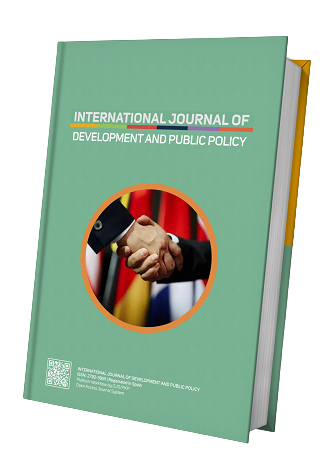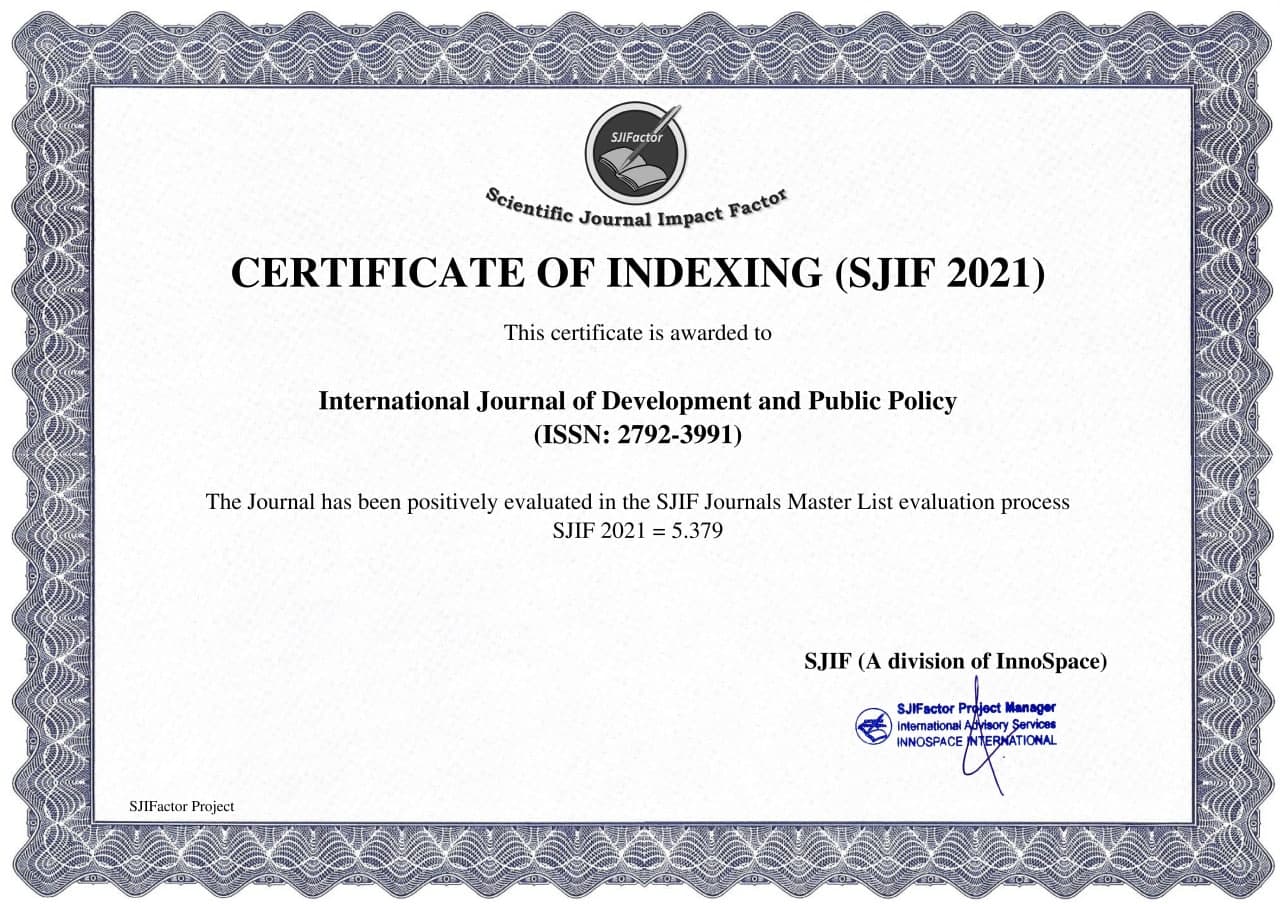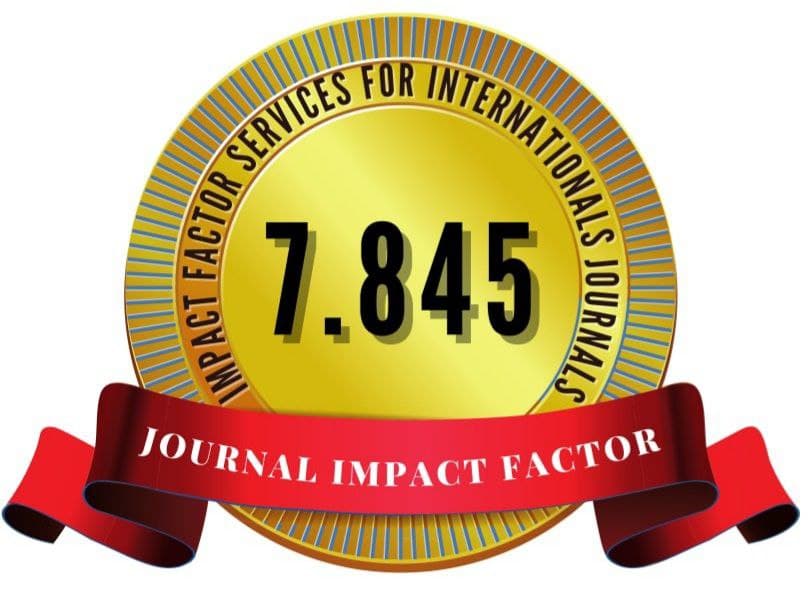STYLISTIC VARIATION OF CONDITIONAL CONJUNCTIONS IN UZBEK
Keywords:
stylistic devices, style, language variationAbstract
This research is devoted to the analysis of stylistic features of conditional conjunctions in Uzbek. Particularly, we deal with the stylistic analysis of conditional conjunctions used in the literary works of famous Uzbek writers. It is clear that the stylistic aspect of conditional conjunctions contributes to the stylistics of the Uzbek literary texts. To be more precise, based on the principles of stylistic analysis of the literary texts, we analyze stylistic peculiarities of conditional conjunctions in Uzbek. The conditional sentences, particularly, conjunctions are stylistically marked units contributing to the revelation of the stylistic features of the literary text. The results of the research have shown that stylistics of conditional conjunctions in English is characterized as follows: stylistically marked conjunctions (yo’qsa (yo’qsam), bordi-yu, agarda, magar (negative meaning in the main clause), bashartri), stylistically marked with intensifiers (xudo ko’rsatmasin, agar; So’ngra, agar; ko’nglim sezib turibdir, agar; shunday qilib desangiz), stylistically neutral (agar), conjunctions requiring some elements (garchi...ham..., modomiki...ekan...). The use of such conditional conjunctions in Uzbek literary texts is stylistically marked in order to show the emotional, psychological, physical states of the characters in the literary work.






